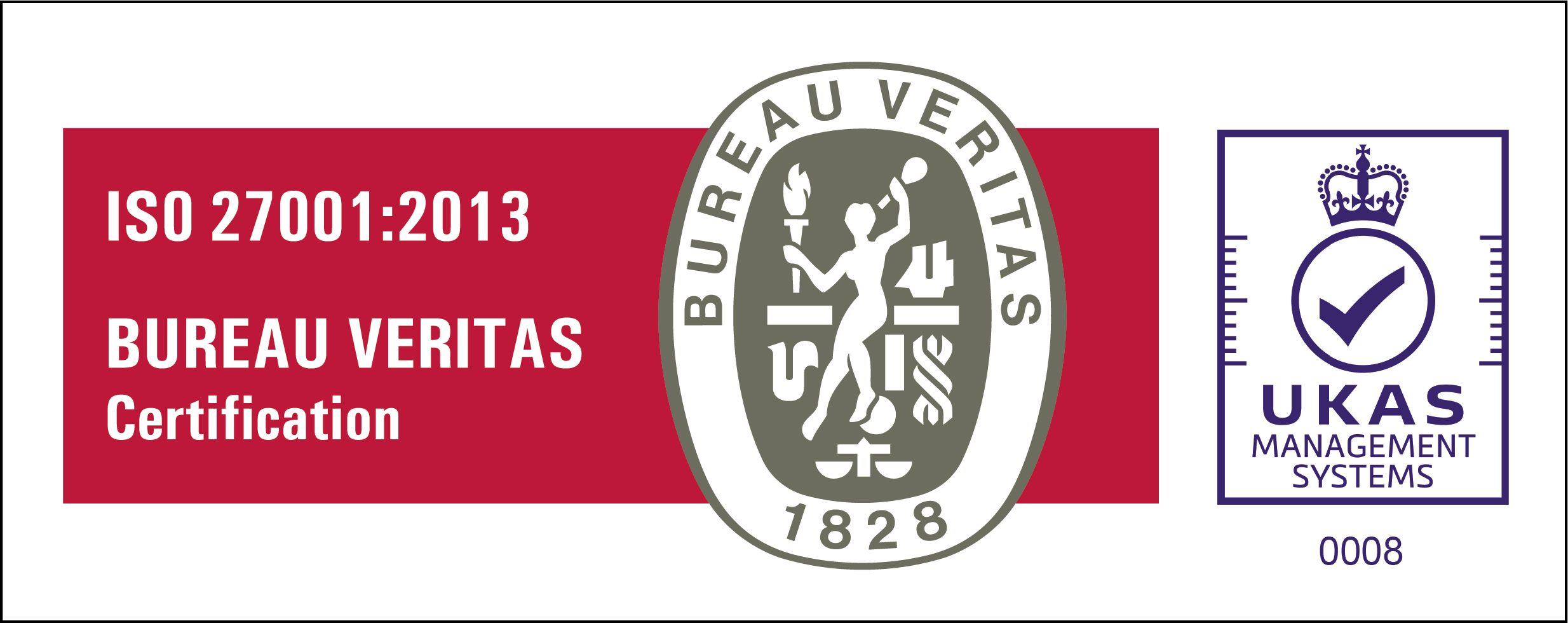The Office for the Traffic Commissioner’s annual report, 2019-2020
The Office of the Traffic Commissioners is for Great Britain is the independent regulatory body for HGV (heavy goods vehicle) and PSV (public service vehicle) drivers, operators and the industry as a whole.
Sponsored by the DfT (Department for Transport), the office is a non-departmental tribunal and licensing authority:
“We work to keep Great Britain’s roads safe by licensing and regulating the commercial vehicle industries”.
They recently released their annual report, which covers advances and challenges from the year 2019-2020.
Coronavirus and lockdown
This report covers the period from April 2019 to March 2020, so only includes the first few weeks of lockdown and the Coronavirus crisis hitting the UK.
Nonetheless, the pandemic inevitably has an impact on the findings of the report, and on the future of the sector in the UK (and across the world).
The reports reminds us that the sector’s ability to respond to change was “definitely tested” in the period up to and including the lockdown restrictions, going on to add that:
“We have demonstrated a flexibility to meet the requirements of industry”.
We published a number of guides on resources for coping with COVID-19 in the logistics sector (including how you can support drivers as essential workers), and how the industry can work together to keep the supply chain of food, medicines and other essential goods moving through the country.
Themes and observations from the traffic commissioners:
- Tackling non-compliance – Operators are urged to take a risk-based approach to transport management. With the operator licence requirements acting as a framework, operators can maintain compliance by managing their own risk and storing their records – which can all be done in a flexible fleet maintenance and safety management system like Stream.
- Brake tasting – HGV annual brake testing results have continued to improve. Again, a system like Stream Check can help maintain safety and compliance, with features like automatic service reminders calculated based on time or mileage.
- National ANPR system – DVSA’s ANPR (automatic number plate recognition) system have made regulatory enforcement faster and easier for non-compliant vehicles.
- Bridge strikes – Bridge strikes were a big problem last year (2018-2019). Operators and transport managers are responsible for any risk to road safety, including bridge strikes. This risk can be managed by reminding drivers to check their vehicle height as part of the daily walkaround check, and by using specialist HGV and truck navigation systems to avoid low bridges altogether.
- Express delivery & the final mile – the courier and logistics sector has grown massively in the last 10 years. Particularly during the pandemic, with verticals like final mile food delivery, medical delivery and furniture (particularly desks and office chairs) have exploded. It is fast becoming clear how vital the logistics sector is in the UK.
- Accessibility of Justice – As the DVSA split England into six traffic areas, some operators had to make trips of up to four hours to access their nearest tribunal facilities – OTC is now trialling the regular use or local authority buildings to hold tribunals across more areas of the country.
Looking ahead to 2021
Many of the strategic plans and targets that were set to be achieved by 2021 have been put on hold due to the pandemic, with the report once again reminding us that:
“The current crisis has only confirmed how important road transport is to the nation and the economic recovery”.
Key goals:
The Office of the Traffic Commissioner has set a number of goals for the sector:
- Efficient licencing services – The goal was to process applications of new licences or for major changes to existing licences in an average of 35 working days. Last year (2018-2019) it took around 41 days to process HGV licences and 71 days for PSV licences. This year (2019-2020) that has shortened to 36 days and 50 days, respectively.
- Leaving the EU – much as COVID-19 feels like the biggest upheaval this year, Brexit is still going on too. The Office for the Traffic Commissioner is supporting that by reviewing guidance, updating statutory documents, engaging with stakeholders, supporting rules and permits, and providing a single point of contact for matters relating to exiting the EU
- Future-proofing – continued auditing and adjusting ensures that Office for the Traffic Commissioner regulations and operations remain up-to-date and fit-for-purpose
- Improving financial transparency – Any fees collected by the OTC go into the DVSA, which decides how the funds are spent. The economic pressures faced by operators due to COVID-19 and its aftermath make value-for-money even more important
- Reducing wait times – shorter wait-times for hearings reduce uncertainty for both drivers and operators. the OTC’s targets are to ensure that cases are allocated a hearing date within 12 weeks and to facilitate the transfer of cases between offices, where required. last year (2018-2019) 89% met that target and this year (2019-2020) 98% met the target. Meeting the target in 100% of cases isn’t considered practicable, due to a few more complex cases.
- Improving tribunal facilities – Tribunal facilities must be fit for purpose – secure, properly staffed, compliant and accessible, and with the technology available to facilitate virtual hearings. The ability to conduct hearings via video has obviously been very useful throughout the period of lockdown and social distancing.
- Communication – Part of the OTC’s focus on communication and education has been the introduction of email bulletins advising new operators and giving them the reference materials they need to maintain compliance.
- Working across organisations – The OTC works closely with regulators, enforcement agencies and other stakeholders. They have begun to revitalise the communication of relevant information and knowledge sharing between organisations.
- Modernising bus performance monitoring – Bus performance monitoring was identified last year as an area for reform. The OTC has made some progress on this, but its been cut short by COVID-19.
In all, progress has been made in 2019-2020 and – despite the pandemic and national lockdowns – the transport and logistics sector is showing resilience ready to leap into the next challenge.








